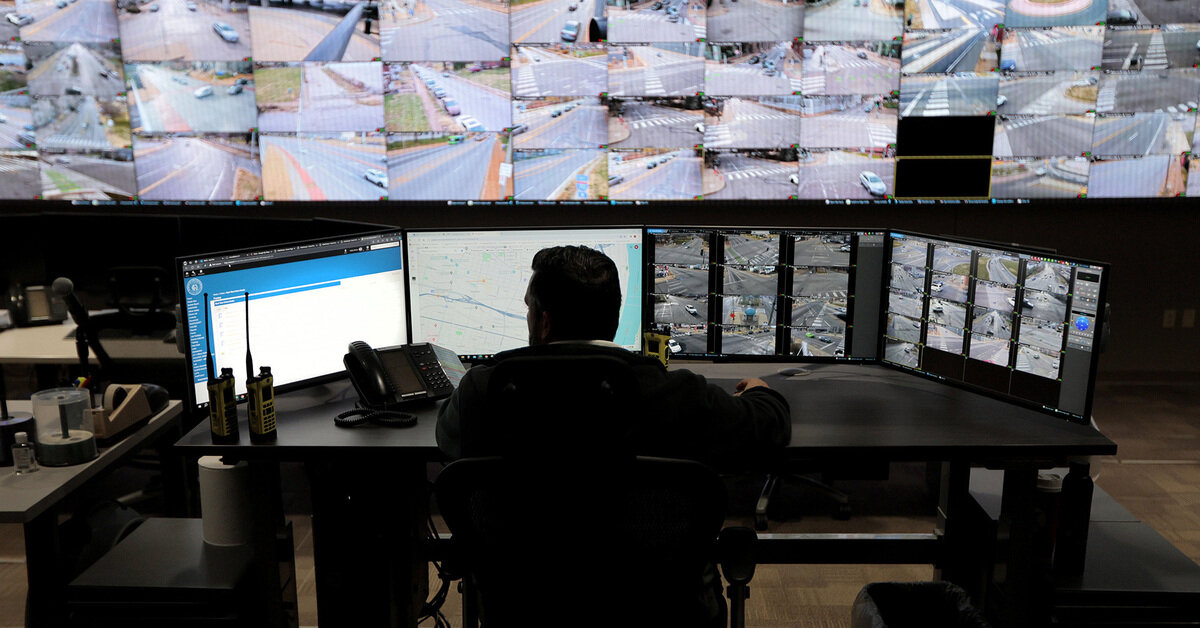Private security footage is nothing new to criminal investigations, but two factors are rapidly changing the landscape: huge growth in the number of devices with cameras, and the fact that footage usually lands in a cloud server, rather than on a tape.
When a third party maintains the footage on the cloud, it gives police the ability to seek the images directly from the storage company, rather than from the resident or business owner who controls the recording device. In 2022, the Ring security company, owned by Amazon, admitted that it had provided audio and video from customer doorbells to police without user consent at least 11 times. The company cited “exigent circumstances.”



A lesson for people that think proprietary internet connected cameras are a good idea. You can literally make open source cameras with a SBC like raspberry pi as the controller. And then using a VPN, you can connect to it from the outside.
Compare this to the setup for a Google camera: Plug it in, scan a QR code from the Home app, and that’s it. I understand there are security implications, but I’m not particular concerned about privacy in my backyard.